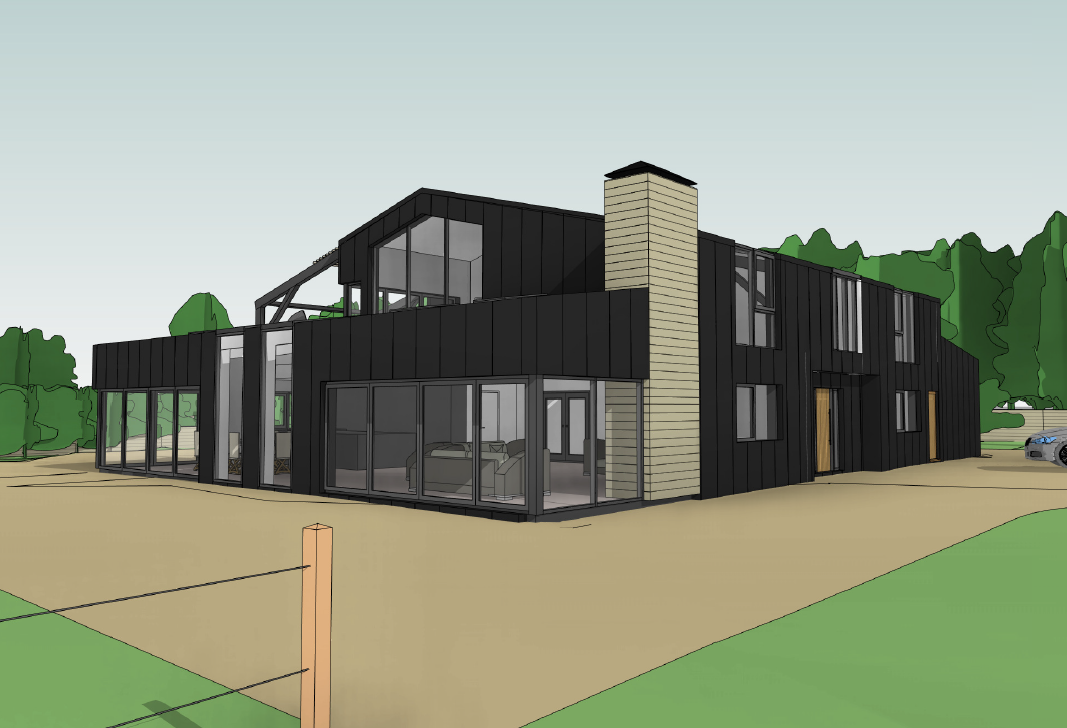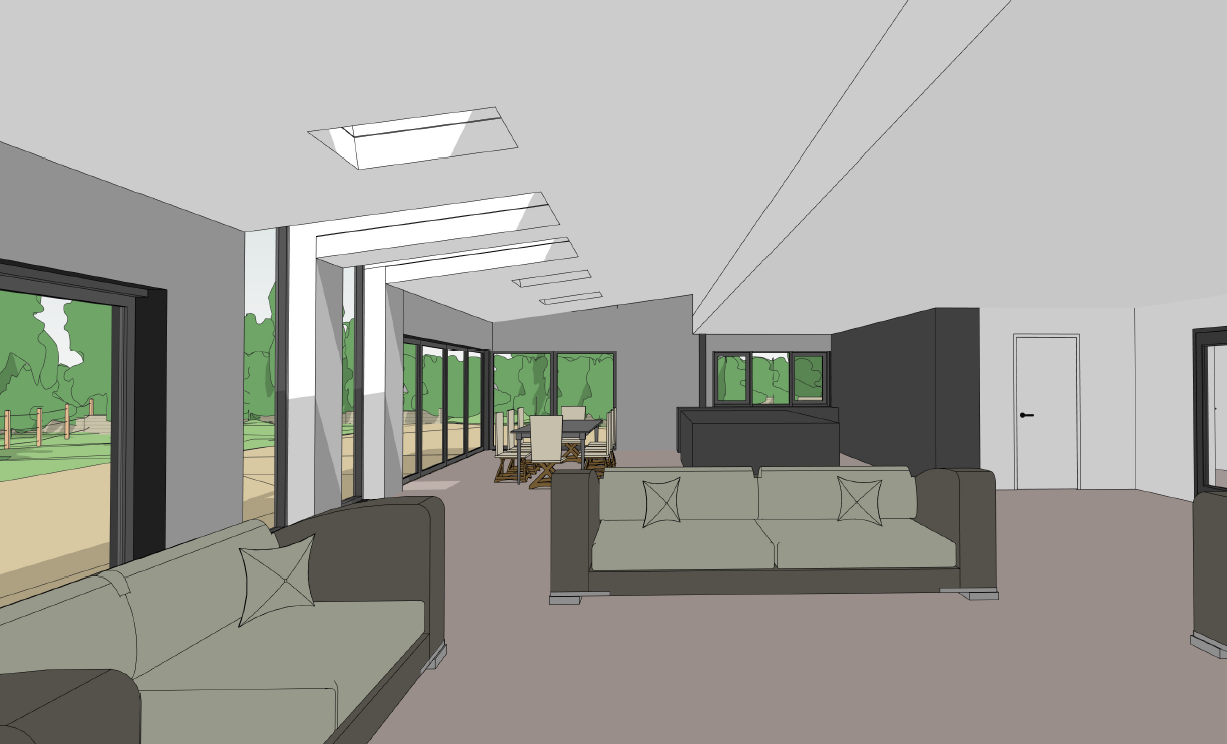Class Z Planning Policy: Rules and Requirements for Converting Buildings into Residential Properties
The Class Z planning policy in the UK was introduced in 2020 as a temporary measure to allow for the conversion of certain buildings without requiring full planning permission. Here are some of the key rules and requirements for converting buildings under the Class Z planning policy:
An approved project using Class Z we completed in 2021
Maximum Internal Areas:
For office buildings, the maximum internal area is 150 square meters. For retail and storage buildings, the maximum internal area is 500 square meters. For agricultural buildings, the maximum internal area is 465 square meters.
Eligibility: The building being converted must have been in use on or before 3 March 2020. In addition, the building must not be a listed building, a scheduled monument, or in a safety hazard zone.
Requirements for Converting Buildings: Other requirements for converting buildings under the Class Z planning policy include providing adequate living space, ensuring the building meets minimum standards for natural light and ventilation, and providing sufficient outdoor space.
Benefits of Class Z Planning Policy: One of the key benefits of the Class Z planning policy is that it provides an easier path to convert buildings into residential properties. This policy can be particularly helpful for developers who are looking to convert smaller or more complex buildings, as it reduces the need for extensive planning permission applications.
Sustainable Development: Another benefit of the Class Z planning policy is that it encourages the reuse of existing buildings, which can help to reduce waste and promote sustainable development. By converting vacant or underused buildings into residential properties, developers can help to revitalize urban areas and bring new life to disused buildings.
Suitable Buildings for Class Z Applications: While the Class Z planning policy applies to a wide range of buildings, there are some types of buildings that are particularly well-suited for Class Z applications. These include office buildings, retail units, industrial buildings, and agricultural buildings.
An approved project using Class Z we completed in 2021
In conclusion, the Class Z planning policy provides a valuable opportunity for developers to convert underused buildings into residential properties without the need for full planning permission. This policy can help to promote sustainable development and provide affordable housing options in urban areas.
When considering a Class Z application, it's important to work with an experienced planning consultant to ensure that the proposed conversion meets all necessary regulations and requirements.


